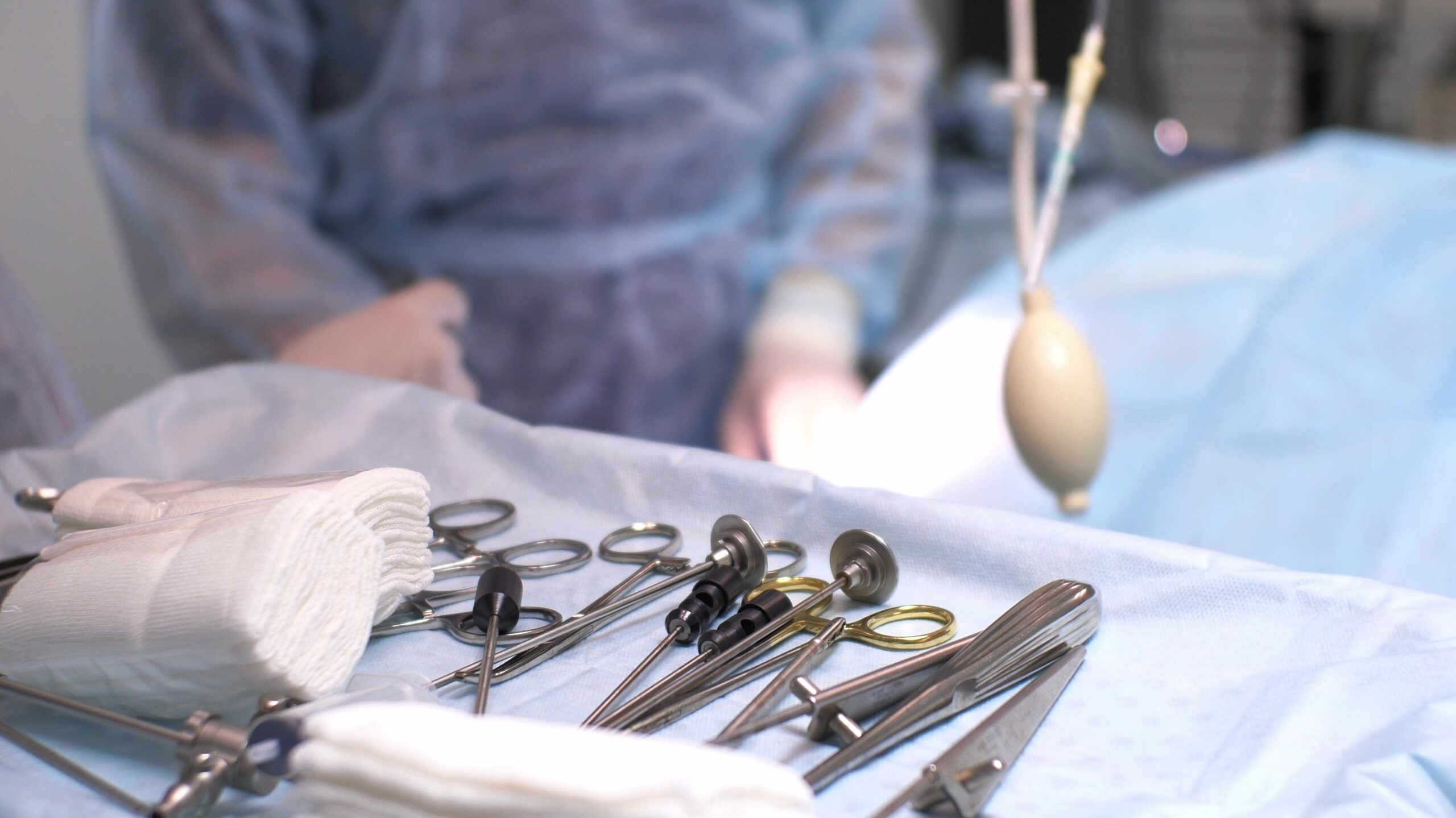
The most common arrhythmia after pediatric open-heart surgery is junctional ectopic tachycardia (JET). JET is frequently undiagnosed in patients with minimal hemodynamic instability, and uncovering it often depends on active surveillance. Santosh Wadile and colleagues led a prospective trial to determine whether amiodarone or dexmedetomidine could be used to prevent and control JET after open-heart surgery.
According to the article, published in Annals of Pediatric Cardiology, amiodarone or dexmedetomidine as prophylaxis lowered the rate of JET in pediatric patients after open-heart surgery. Researchers noted treatment also significantly reduced inotrope requirements, ventilation hours, and duration of intensive care unit (ICU) and hospital stays.
JET Prophylaxis Successful in Pediatric Open-heart Surgery
Investigators enrolled 225 consecutive patients with a median age of 9 months (range, 2 days-144 months) and a median weight of 6.3 kg (range, 1.8-38.0 kg). The most common defects that necessitated open-heart surgery were ventricular septal defect and tetralogy of Fallot.
The amiodarone and dexmedetomidine groups each included 70 patients, while the remaining 85 patients served as controls. The primary end points were JET incidence, inotropic score, ventilation, and duration of ICU and hospital stays.
Overall, the incidence of JET after pediatric open-heart surgery with amiodarone or dexmedetomidine as prophylaxis was 16.4%. Patients who developed JET showed significantly longer ventilation (P=.043), ICU duration (P=.004), and hospital stay duration (P=.034) compared with those without JET.
Authors reported hypokalemia, hypomagnesemia, longer bypass, cross-clamp duration, and syndromic patients were the risk factors for JET. More extensive surgery was associated with an increased risk of JET.
The rate of JET was 8.5% in the amiodarone group, 14.2% in the dexmedetomidine group, and 24.7% in the control group (P=.022). Additionally, patients in the amiodarone and dexmedetomidine groups had significantly improved inotropic requirements, ventilation (P=.008), ICU duration (P=.006), and hospital stay duration (P=.05).
Researchers noted adverse effects were not increased when prophylactic amiodarone or dexmedetomidine was administered early as a steady infusion without a bolus dose before pediatric open-heart surgery.
“Prophylactic amiodarone or dexmedetomidine started before [open-heart surgery] is effective and safe for the prevention of postoperative JET,” Wadile and colleagues summarized.
Find More Recent Research and Expert Interviews in Cardiology

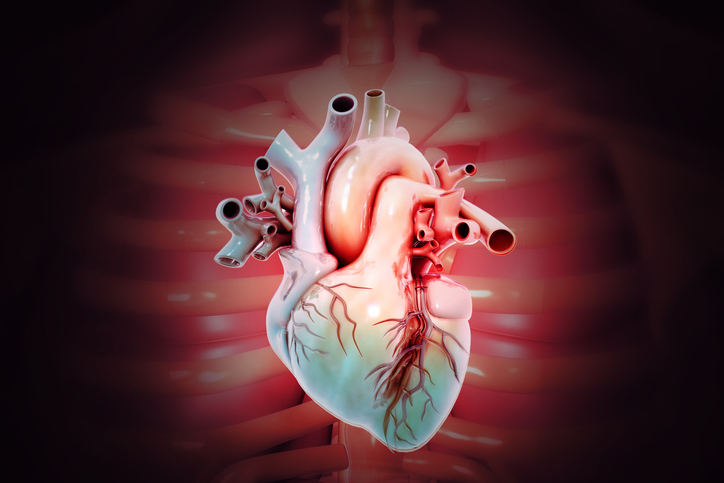
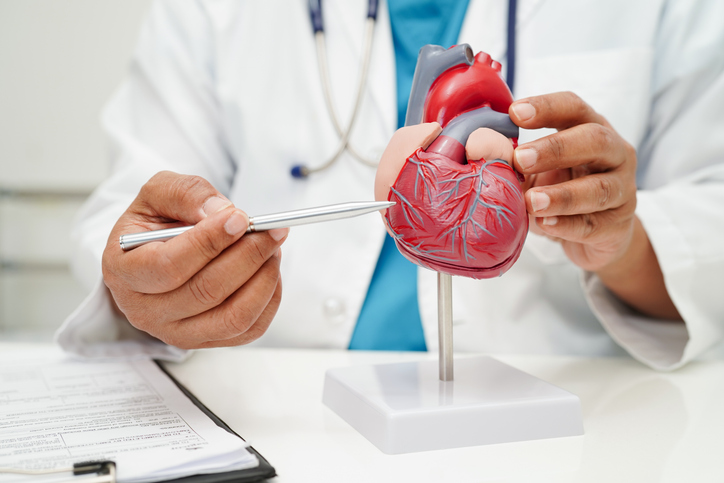
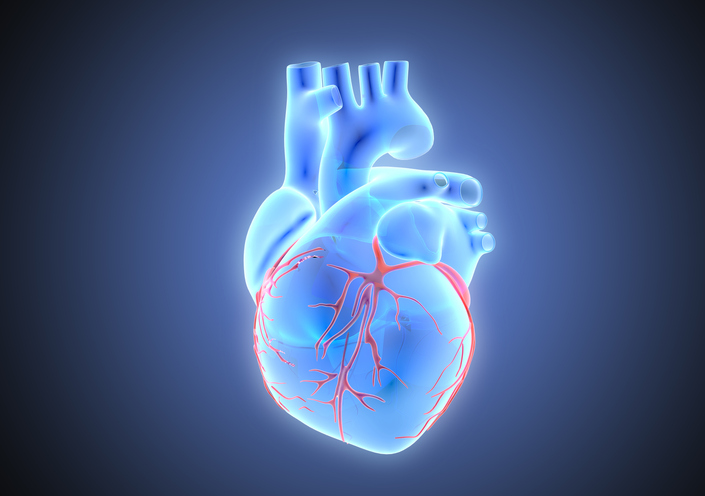

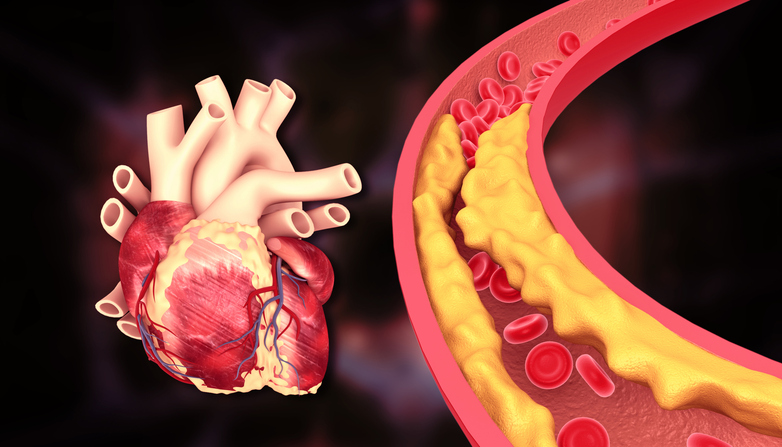

 © 2025 Mashup Media, LLC, a Formedics Property. All Rights Reserved.
© 2025 Mashup Media, LLC, a Formedics Property. All Rights Reserved.